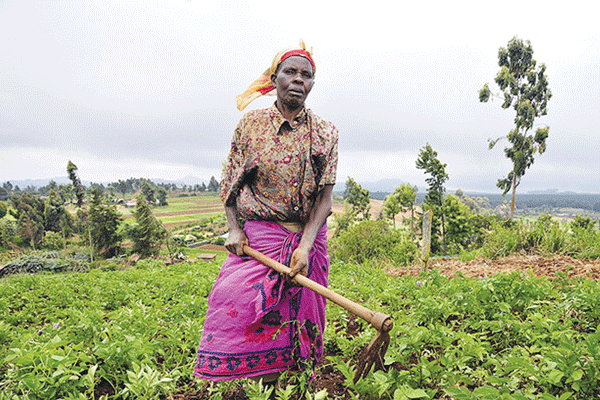
BY MIRIAM MANGWAYA/ SIZALOKUHLE NCUBE
A LOCAL non-governmental organisation, Practical Action, has urged peasant farmers to integrate traditional farming methods with modern technologies in adapting to climate changes for continued productivity.
Speaking during a workshop for journalists on sustainable development reporting in Harare yesterday, Practical Action agriculture systems and innovation leader Maria Goss said the organisation was encouraging farmers to make use of renewable power sources so that they continue producing despite the adverse climatic changes.
She said the organisation was educating farmers on agro-ecology, a sustainable scientific farming method focused on conserving the ecosystem to attain high yields.
“Three quarters of the world’s poorest people are farmers,” she said. “In the face of the changing climate, their traditional approaches to agriculture are not working for them. Small holder farmers are further being marginalised due to the effects global warming.”
She said agro-ecology is important in reducing the risk of drought-related farming problems such as enabling moisture conservation, since the natural systems of preserving water had been disturbed over the years.
Goss also encouraged policy makers to ensure that they provide the necessary information and early warnings to marginalised communal farmers on climate changes and hazards.
Over four million Zimbabweans are in desperate need of food aid, according to the World Food Programme, mainly as a result of successive droughts.
- Chamisa under fire over US$120K donation
- Mavhunga puts DeMbare into Chibuku quarterfinals
- Pension funds bet on Cabora Bassa oilfields
- Councils defy govt fire tender directive
Keep Reading











